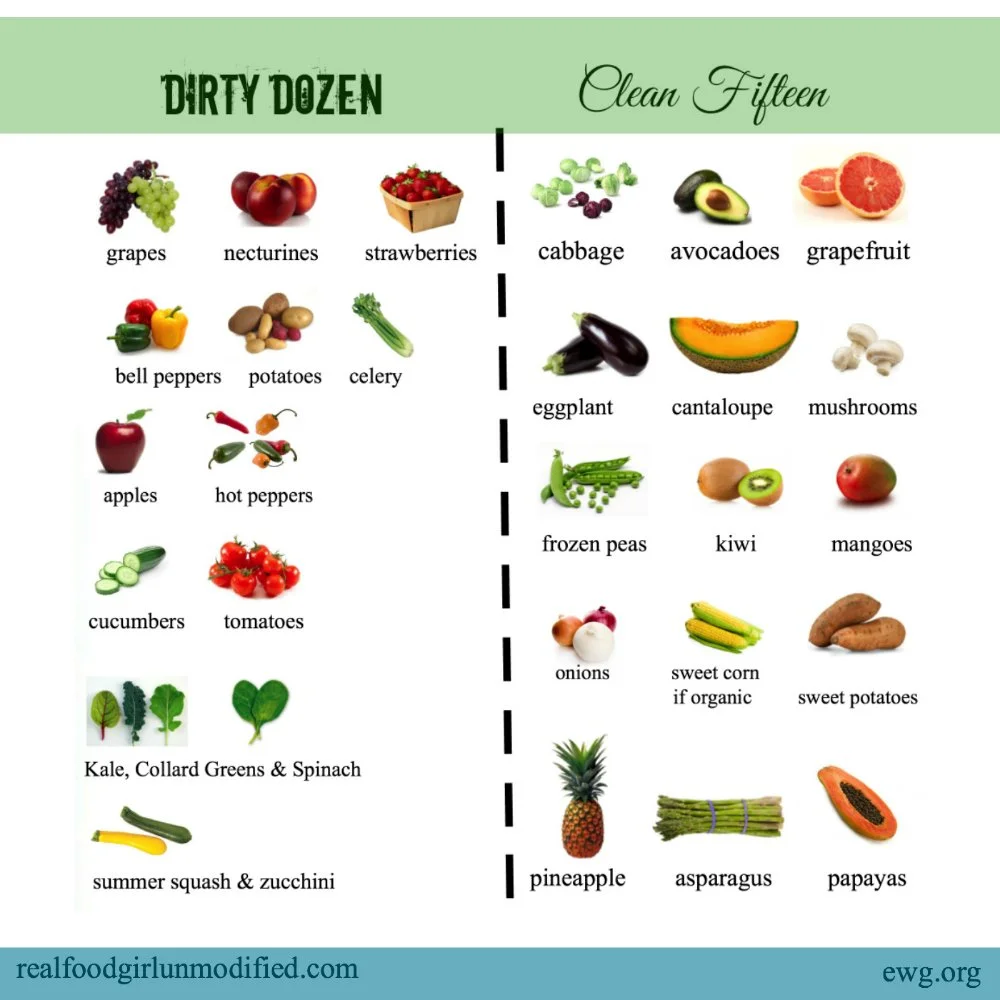The importance of whole foods
Food is fuel to your body to function. There are different types of foods: processed, ultra-processed & unprocessed aka whole foods. The majority of food undergoes some sort of food processing. Food processing is not necessarily bad but can reduce the nutrient density of the food. Processed food contains artificial ingredients like artificial flavors, artificial colors, and preservatives. Monosodium Glutamine (MSG), Butylated Hydroxyanisole (BHA), Butylated Hydroxytoluene (BHT) & sodium nitrate are just some examples of food additives. You commonly see these ingredients added to packaged foods. The food & drug administration (FDA) allows the addition of these ingredients to prolong shelf life, enhance appearance, and improve the taste. Nowadays, the nature and origin of the food we eat has changed since the industrial revolution. The industrial revolution brought about the machinery that made food production easier and faster, but the food quality has decreased. So what is a “whole food?”
Whole foods refer to the unprocessed and purest form of food. There are diet trends like the zone diet, superfood, and the whole 30. Generally, whole foods are nutrient-dense and the purest of the food. The less processed, the better for your body is my rule of thumb. Whole foods provide you with the nutrients your body needs whether it is fat, protein, or carbohydrates rather than artificial man-made ingredients resembling the texture or flavor of food. You definitely can aim to eat 90% whole foods and 10% processed foods. The 90/10 principle is an easy principle to make healthy eating easy that gives space for cravings to be satisfied. The implementation of this principle can be done by making sure the ingredients are fresh & closest to its pure form. When it comes to produce, some are exposed to more pesticides than others. The image below will show you which produce is better consumed as organic.
Whole foods are fresh foods around you and it doesn't have to be expensive. If you are trying to stay healthy while on a budget, it is possible if you can buy in bulk and not everything you buy has to be organic and non-GMO. If you feel like buying organic is expensive, buy the conventionally grown or just the dirty dozen produce as organic only. The list below is everyday items you can find in the grocery store:
Antioxidants are nutrients that prevent & slow down cell damage that is caused by free radicals. These nutrients can be sourced from food or supplements. It is better to take antioxidants directly from the food source itself. Some foods you can add to your diet are berries, turmeric, kale, pecan & eggs.
I would like to share some sample meals that include whole foods that are easy and affordable. To make a healthy plate, make sure you are getting your needs from proteins, fats & carbohydrates.
Sample meals:
Plant-based meal: Lentils with oven-roasted vegetables, herbs, & sesame seeds.
Animal-based meal: Chicken with oven-roasted vegetables, herbs, & pumpkin seeds.
Pescatarian meal: Sea Bass fillet with oven-roasted vegetables, herbs, & sunflower seeds.
For recipe inspirations, check out this link.
Reach out to me if you need any support or have any questions. You can book a free health history consultation through this link.



